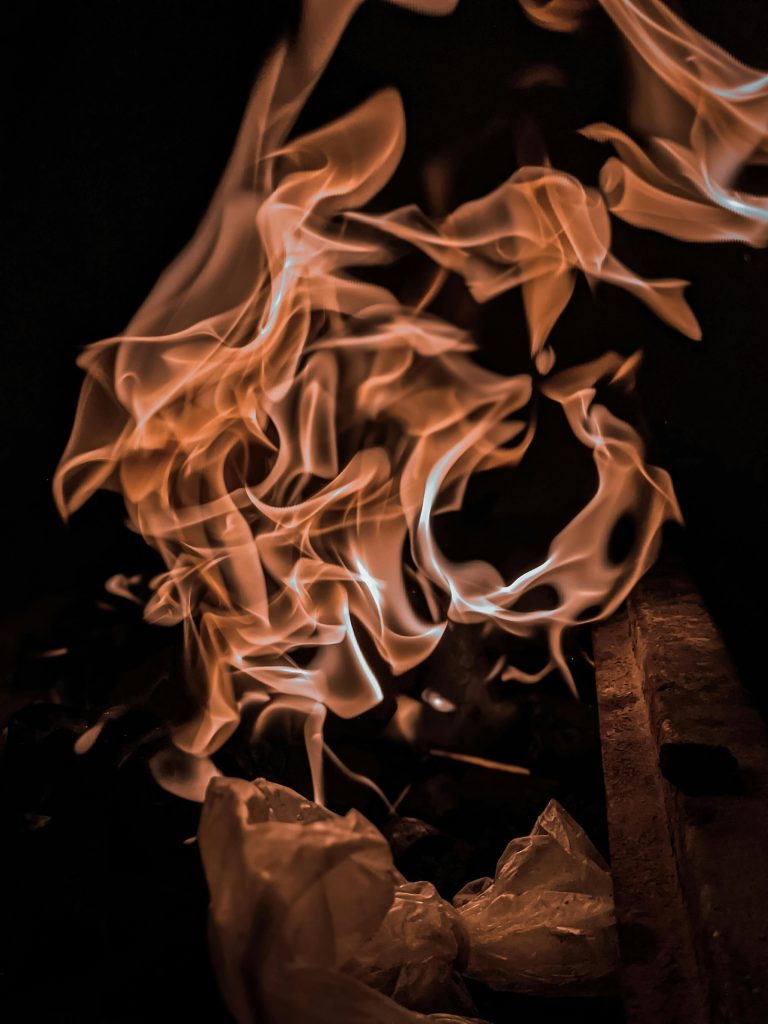Burn wounds are a common injury that can range from minor to severe, depending on the cause and depth of the burn. Whether from a kitchen accident, sunburn, or exposure to hot liquids or surfaces, proper care is essential to ensure the wound heals correctly and to prevent complications such as infections or scarring. In Singapore’s tropical climate, sunburn is especially common, but other types of burns can also occur. Knowing how to treat burn wounds can make a big difference in recovery.
What Are Burn Wounds?
Burns are injuries to the skin and underlying tissues caused by heat, chemicals, electricity, or radiation. There are three main categories of burns:
- First-Degree Burns: These are superficial burns that affect only the outer layer of skin (epidermis). They usually cause redness, mild swelling, and pain, like a sunburn.
- Second-Degree Burns: These burns affect both the outer layer of skin and the underlying layer (dermis). They can cause blisters, severe pain, and swelling.
- Third-Degree Burns: These are the most severe burns, affecting deeper tissues, including muscles, bones, and nerves. The affected area may appear charred, white, or leathery, and there may be little or no pain due to nerve damage.
Common Causes of Burn Wounds
Burn wounds can be caused by various factors, including:
- Thermal Burns: Result from contact with hot objects, such as hot water, steam, flames, or hot surfaces.
- Chemical Burns: Occur when skin comes into contact with harmful chemicals, such as cleaning agents or industrial chemicals.
- Electrical Burns: Result from electric shock or lightning.
- Sunburns: Caused by overexposure to ultraviolet (UV) rays from the sun or artificial sources like tanning beds.
Immediate First Aid for Burns
If you or someone else experiences a burn, it’s important to act quickly to reduce damage and alleviate pain. Follow these steps:
- Cool the Burn: Immediately cool the affected area by running it under cool (not cold) water for 10 to 20 minutes. This helps reduce pain and swelling. Avoid using ice, as it can cause further damage.
- Remove Tight Items: Gently remove any tight clothing or jewelry from the burned area before it begins to swell.
- Cover the Burn: After cooling the burn, cover it with a sterile, non-stick dressing or a clean cloth. Avoid applying creams, butter, or ointments, as these can trap heat and worsen the injury.
- Avoid Breaking Blisters: If blisters form, do not pop them. Blisters are the body’s natural way of protecting the underlying skin from infection.
- Take Pain Relievers: Over-the-counter pain medications like ibuprofen or paracetamol can help alleviate pain and reduce inflammation.
When to Seek Medical Attention
While many minor burns can be treated at home, you should seek medical attention if:
- The burn is larger than 3 inches in diameter.
- The burn is on the face, hands, feet, groin, or a major joint.
- The burn is a third-degree burn or causes white, charred, or leathery skin.
- You suspect an infection, such as redness, swelling, or pus in the burn area.
- The burn was caused by chemicals or electricity.
- You experience difficulty breathing or feel faint.
Treating Burn Wounds at Home
For minor burns, follow these care tips to promote healing:
- Keep the Burn Clean: Gently wash the burned area with mild soap and water to prevent infection.
- Apply Moisturizing Cream: After the burn has cooled and dried, apply a fragrance-free moisturizing lotion or aloe vera to keep the skin hydrated. Avoid ointments with alcohol or perfumes, as they can irritate the skin.
- Change Dressings Regularly: For second-degree burns that have blisters, it’s important to change the bandage daily or as directed by a healthcare provider. Always use a sterile dressing to avoid introducing bacteria to the wound.
- Monitor for Signs of Infection: Watch for redness, warmth, swelling, or pus, which may indicate an infection. If you notice these symptoms, seek medical care immediately.
Preventing Burn Wounds
Burns are often preventable with proper precautions. Here are some tips to reduce the risk of burns at home or outdoors:
- Be Cautious in the Kitchen: Use oven mitts when handling hot pots and pans, and never leave cooking unattended.
- Keep Children Safe: Store hot liquids, electrical appliances, and chemicals out of reach of children.
- Avoid Prolonged Sun Exposure: Wear sunscreen with an SPF of at least 30 and reapply it every two hours, especially when swimming or sweating. Stay in the shade during peak sun hours (10 a.m. to 4 p.m.).
- Handle Chemicals with Care: Wear protective gloves and goggles when handling cleaning agents or industrial chemicals to prevent accidental burns.
- Practice Electrical Safety: Avoid using damaged electrical cords, and never attempt to repair electrical appliances unless you’re trained.
Living with Burn Injuries
Burn injuries can sometimes lead to complications like infections or scarring. If you suffer a significant burn, it’s important to follow up with your healthcare provider for ongoing care. In some cases, physical therapy or scar treatments may be recommended to aid recovery.
At Igaku, we offer expert care for burns, from minor injuries to more severe cases. Our team can provide personalized advice on wound care and ensure you receive the treatment you need. Whether you visit our clinic for an in-person consultation or connect with us via WhatsApp for teleconsultation, we’re here to support your recovery.
Read our other articles here.
- IGAKUhttps://igaku.co/blog/author/igaku/
- IGAKUhttps://igaku.co/blog/author/igaku/
- IGAKUhttps://igaku.co/blog/author/igaku/
- IGAKUhttps://igaku.co/blog/author/igaku/


